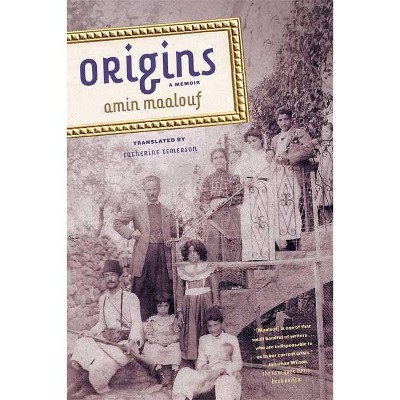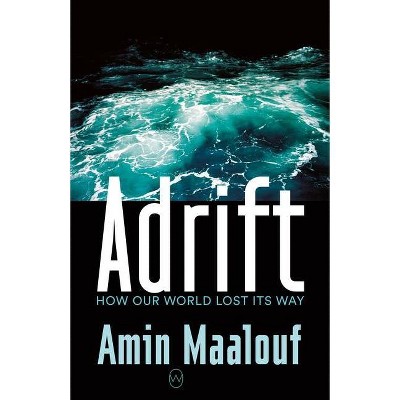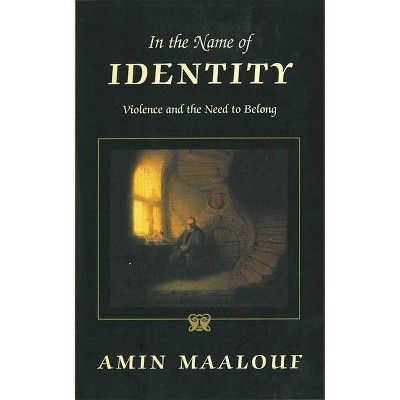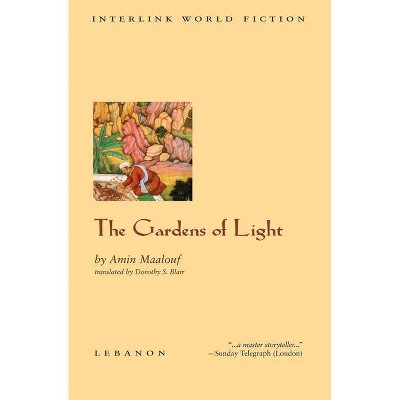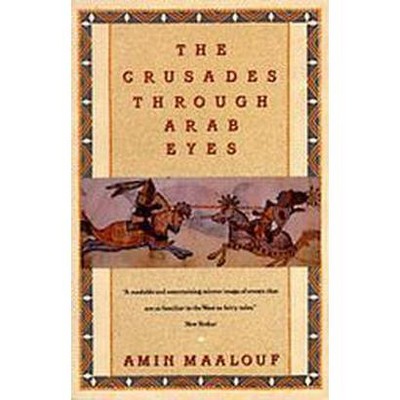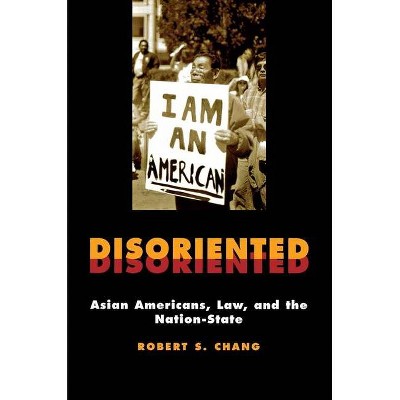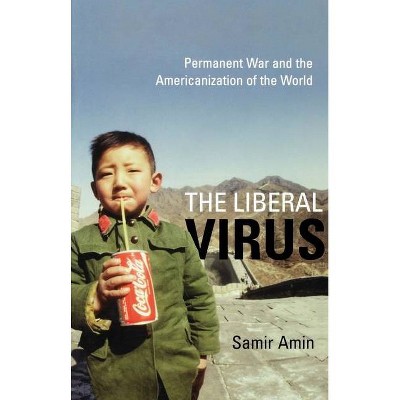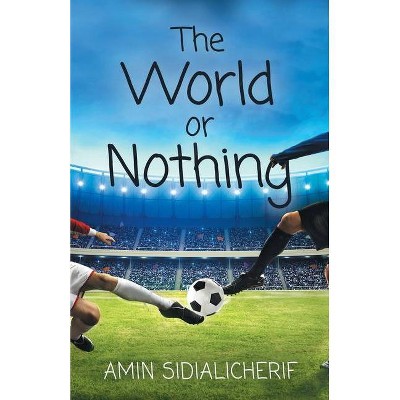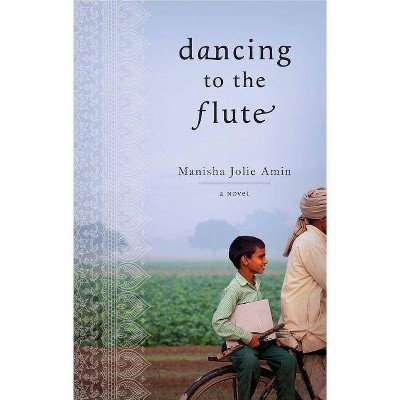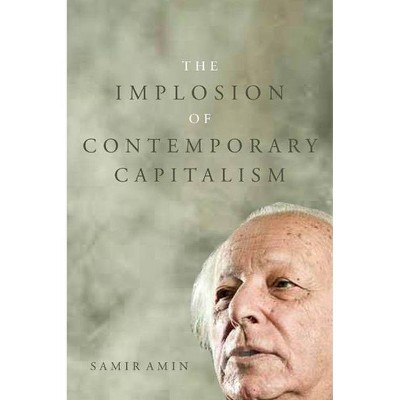The Disoriented - by Amin Maalouf (Paperback)
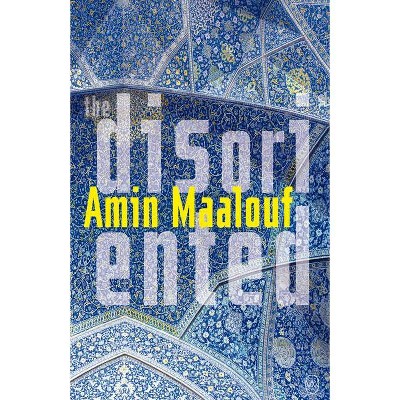
Similar Products
Products of same category from the store
AllProduct info
<p/><br></br><p><b> About the Book </b></p></br></br>After 25 years in exile, Adam travels from France to his homeland in the Middle East to bid farewell to his dying childhood friend.<p/><br></br><p><b> Book Synopsis </b></p></br></br><p>"A thoughtful, philosophically rich story that probes a still-open wound." <b>--Kirkus Reviews</b></p><p>"Maalouf is a thoughtful, humane and passionate interlocutor." <b>--<i>The New York Times Book Review</i></b> One night, a phone rings in Paris. Adam learns that Mourad, once his closest friend, is dying. He quickly throws some clothes in a suitcase and takes the first flight out, to the homeland he fled twenty-five years ago. Exiled in France, Adam has been leading a peaceful life as a respected historian, but back among the milk-white mountains of the East his past soon catches up with him. His childhood friends have all taken different paths in life--and some now have blood on their hands. Loyalty, identity, and the clash of cultures and beliefs are at the core of this long-awaited novel by the French-Lebanese literary giant Amin Maalouf.<p/><br></br><p><b> Review Quotes </b></p></br></br><br><p>"<i>The Disoriented</i>, published in French in 2012 and at last in Frank Wynne's assured English translation, is a profound reckoning...While the title alludes to being wrenched from the east, <i>The Disoriented</i> also signifies the universal loss of a moral compass." <b>--MAYA JAGGI, <i>The Guardian</i></b></p><p>"A thoughtful novel about loss and identity." <b>--<i>The Herald Magazine</i></b></p><p>"A thoughtful, philosophically rich story that probes a still-open wound." <b>--Kirkus Reviews</b></p><p>"Maalouf is a thoughtful, humane and passionate interlocutor." <b>--<i>The New York Times Book Review</i></b></p><p>"Both analytic and allegorical" <b>--<i>The Wall Street Journal</i></b></p><p>"There are novels which reverberate long after you've finished reading them. Amin Maalouf's <i>The Disoriented</i> is such a novel. This is a voyage between the Orient and the West, the past and the present, as only the 1993 Goncourt Prize winner knows how to write it." <b>--<i>Le Figaro</i></b></p><p>"Maalouf writes intriguing novels of exceptional quality." <b>--<i>NRC Handelsblad</i></b></p><p>"Amin Maalouf gives us a perfect look at the thoughts and feelings that can lead to emigration. One can only be impressed by the magnitude and the precision of his introspection." <b>--<i>Le Monde des Livres</i></b></p><p>"Maalouf's new book, <i>The Disoriented</i>, marks his return to the novel with fanfare. It is a very endearing book." <b>--<i>Lire</i></b></p><p>"Maalouf makes a rare incursion into the twentieth century, and he evokes his native Lebanon in a state of war, a painful subject which until now he had only touched upon."<b>--<i>Jeune Afrique</i></b></p><p>"The great virtue of this beautiful novel is that it concedes a human element to war, that it unravels the Lebanese carpet to undo its knots and loosen its strings." <b>--<i>L'Express</i></b></p><p>"Amin Maalouf has an intact love of Lebanon inside him, as well as ever-enduring suffering and great nostalgia for his youth, of which he has perhaps never spoken of as well as he has in this novel." <b>--<i>Page des Libraires</i></b></p><p>"Full of human warmth and told in an Oriental style, this is a sensitive reflection told through touching portraits." <b>--<i>Notes Bibliographiques</i></b></p><p>"A great work, which explores the wounds of the exile and the compromises of those who stay." <b>--<i>L'Amour des Livres</i></b></p><p><b>Praise for <i>Leo Africanus</i></b></p><p>"<i>Leo Africanus</i> is a beautiful book of tales about people who are forced to accept choices made for them by someone else...It relates, poetically at times and often imaginatively, the story of those who did not make it to the New World." <b>--<i>The New York Times</i></b></p><p>"Utterly fascinating." <b>--<i>BBC World Service</i></b></p><p><b>Praise for <i>The Garden of Light</i></b></p><p>"A fine meditative historical novel from the internationally acclaimed Lebanese author." <b>--<i>Kirkus Reviews</i></b></p><p>"Maalouf's Mani has the ring of life... [A] sad, glowing book."<b>--<i>The Washington Post</i></b></p><p>"...has the feel of a 1950's Hollywood epic, in which men gesture boldly and deliver words that deserve to be immediately carved in stone." <b>--<i>The New York Times Book Review</i></b></p><p><b>Praise for <i>In the Name of Identity</i></b></p><p>"Speaks from the depth of a powerful intellect." <b>--<i>Times (London)</i></b></p><p><b>Praise for <i>The Crusades Through Arab Eyes</i></b></p><p>"<i>The Crusades Through Arab Eyes</i> may be warmly recommended to lay-readers and students alike." <b>--<i>The Times Literary Supplement (London)</i></b></p><br><p/><br></br><p><b> About the Author </b></p></br></br><b>Amin Maalouf</b> was born in Beirut. He studied economics and sociology and then worked as an international reporter until the Lebanese Civil War broke out in 1975. Maalouf and his family decided to leave their country and settled in Paris in 1976, where he became editor in chief for the newspaper <i>Jeune Afrique</i>. He published his first book, <i>The Crusades Through Arab Eyes</i>, in 1983. In 1993, <i>The Rock of Tanios</i>, his fifth novel, won the Prix Goncourt, the most prestigious literary award in France. Maalouf is a member of the Académie Française and in 2010 was awarded the Prince of Asturias Award for Literature for his entire oeuvre. His work has been translated into fifty languages and his most recent bestselling novel to be published in English is <i>The Disoriented</i>.
Price History
Cheapest price in the interval: 14.99 on October 22, 2021
Most expensive price in the interval: 14.99 on November 8, 2021
Price Archive shows prices from various stores, lets you see history and find the cheapest. There is no actual sale on the website. For all support, inquiry and suggestion messages communication@pricearchive.us
